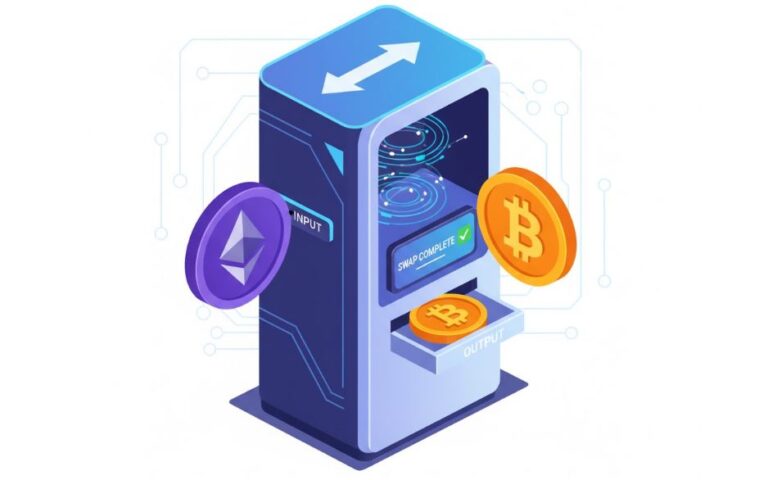Most people today think about a will in terms of physical things, like money, a house, or family belongings. But in modern life, a large part of what we “own” isn’t physical at all. It lives online: emails, social media accounts, crypto wallets, cloud storage, digital photos, subscription services, and even online banking access. When someone passes away without a plan for these accounts, families are often locked out, and years of memories or important files can be lost forever. That’s why more people are creating something called a digital will.
A digital will is simply a plan that explains what should happen to your online accounts after you’re gone, and who should be allowed to access them. It doesn’t have to be complicated, but it does have to be clear.
The first step is knowing what you have. Most of us sign up for dozens of apps and websites over the years and forget about half of them. Making a list of your important accounts is a good place to start. This can include email, banking apps, social media, cloud storage like Google Drive or iCloud, and any accounts tied to money or personal data.
Next, you choose a trusted person, often called a “digital executor”, who will manage these accounts when you’re no longer here. This should be someone you trust deeply, because they may gain access to sensitive information. Some people choose a family member, while others pick a lawyer or a friend with good technical skills.
You should also decide what you want done with each account. For example:
Should your Facebook page be memorialized or deleted?
Should your crypto wallet be passed on to a family member?
Should old photos be saved or shared with loved ones?
Do you want certain accounts closed permanently?
Finally, you need a safe way to share instructions. You don’t want your passwords sitting in plain text. Many people use password managers that allow a “legacy contact” to unlock the account after death. Other platforms, like Google and Apple, now have built-in options to assign someone who can access your data if something happens to you.
A digital will protects more than just files, it protects memories, privacy, and sometimes even money. It prevents confusion during a difficult time and gives your family a roadmap instead of a guessing game. Most importantly, it ensures that your online life doesn’t just disappear or fall into the wrong hands.
The internet has become part of our identity. Planning for it is simply part of planning for the future.








